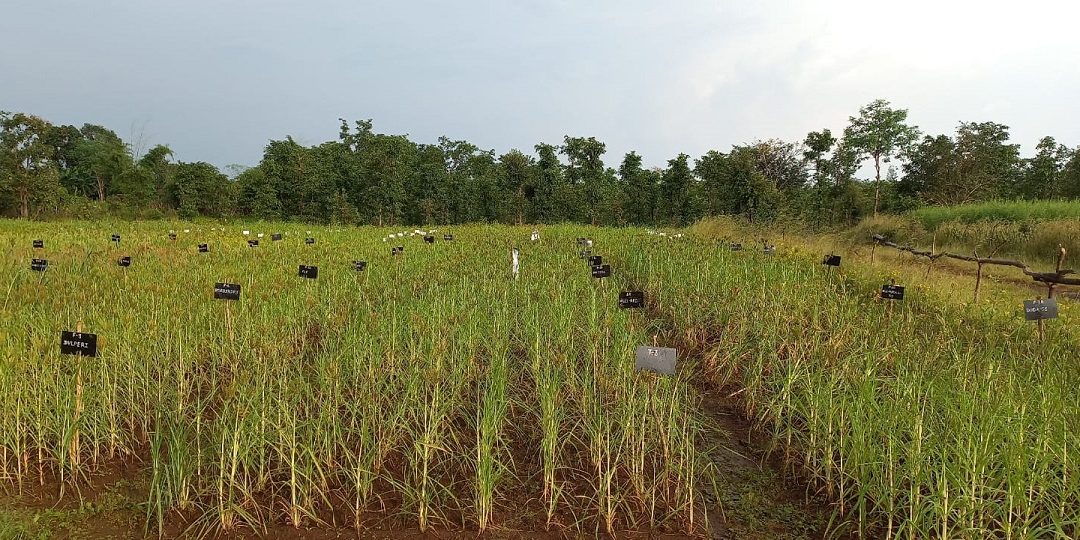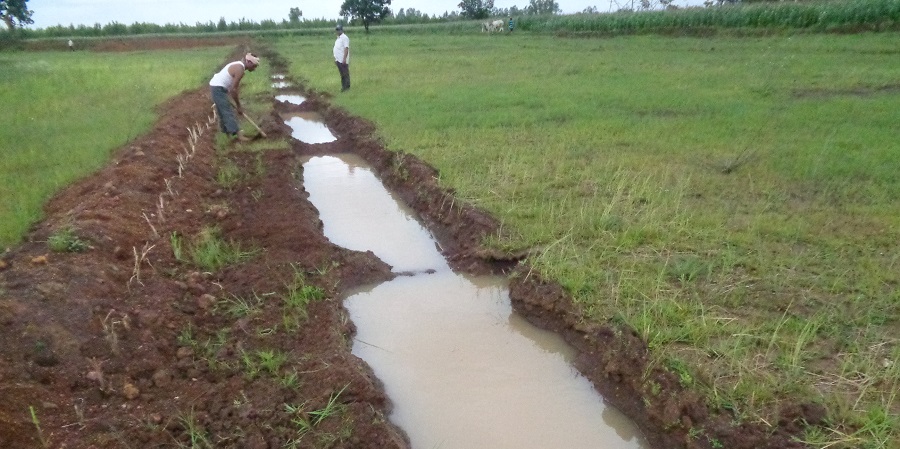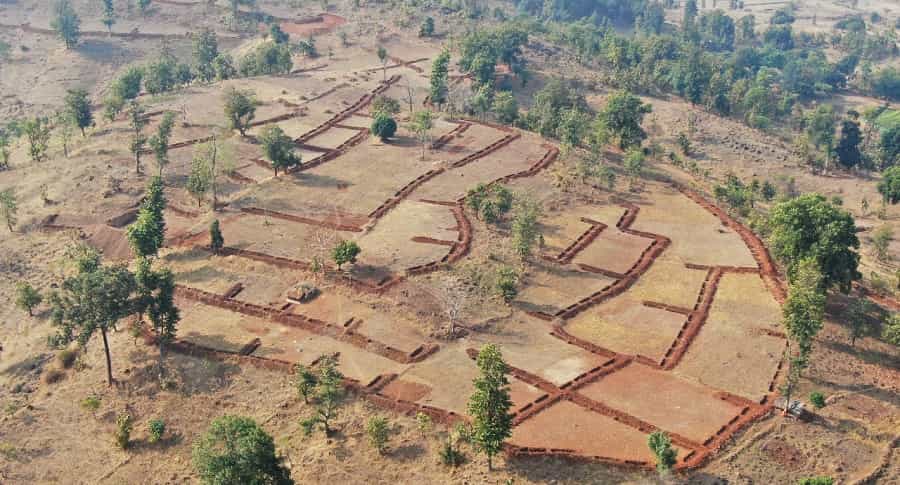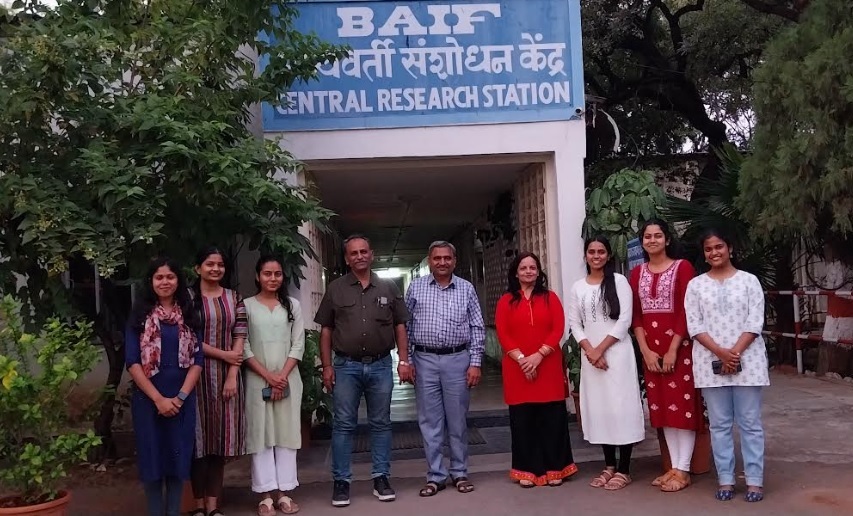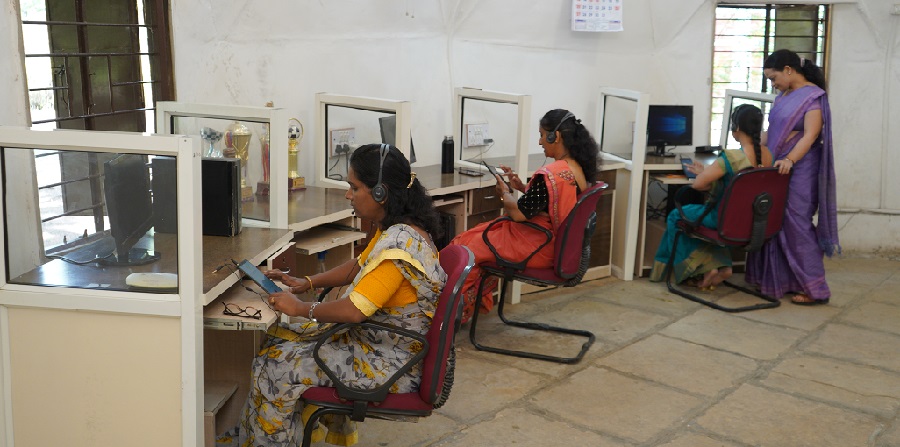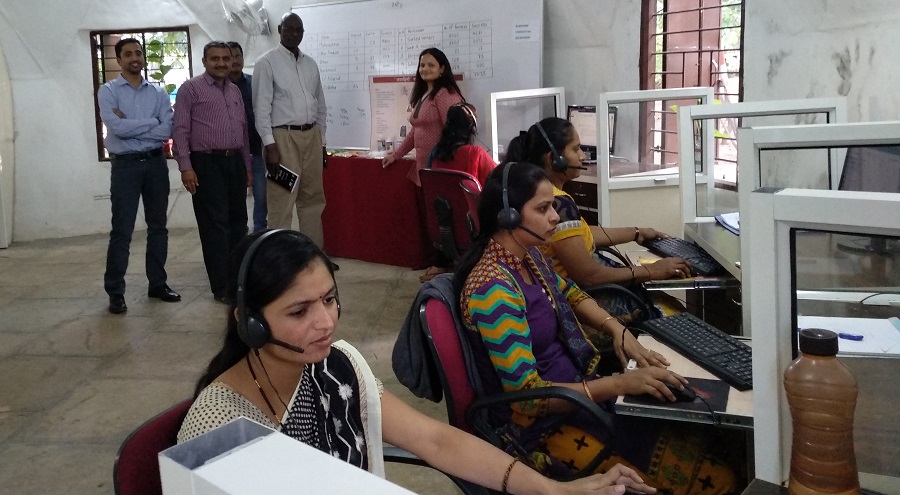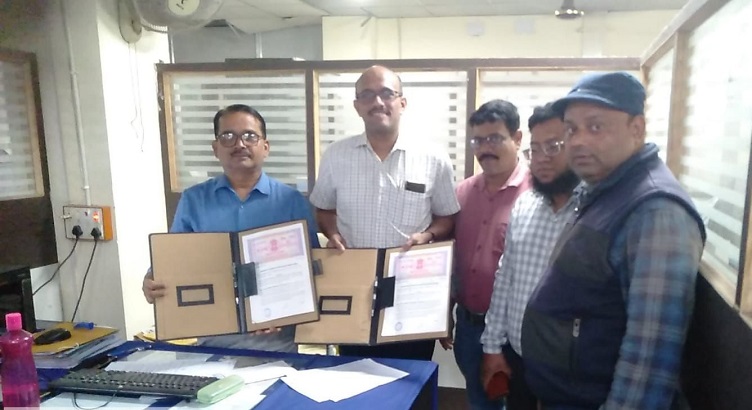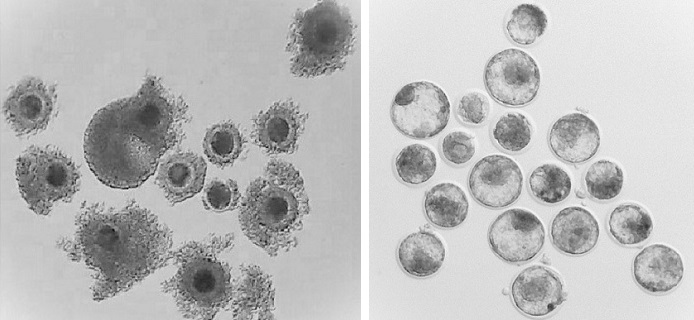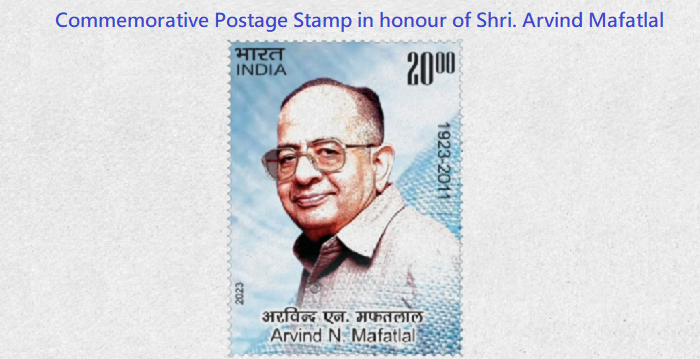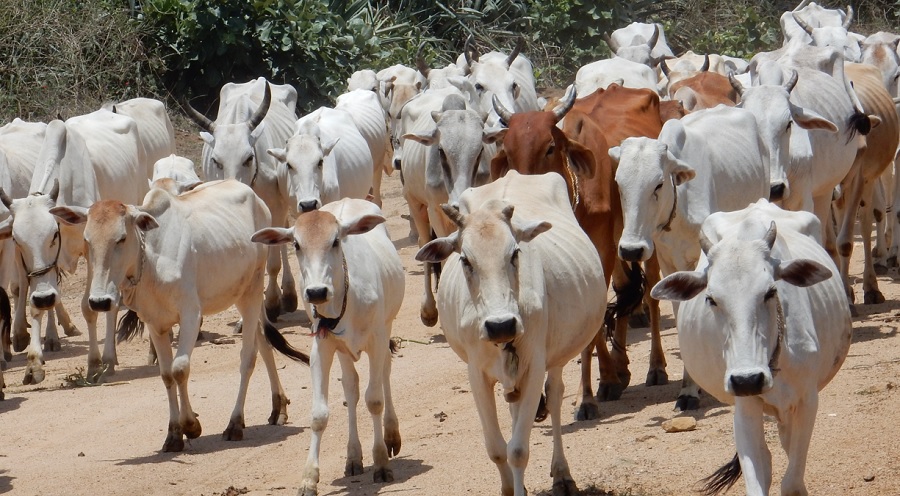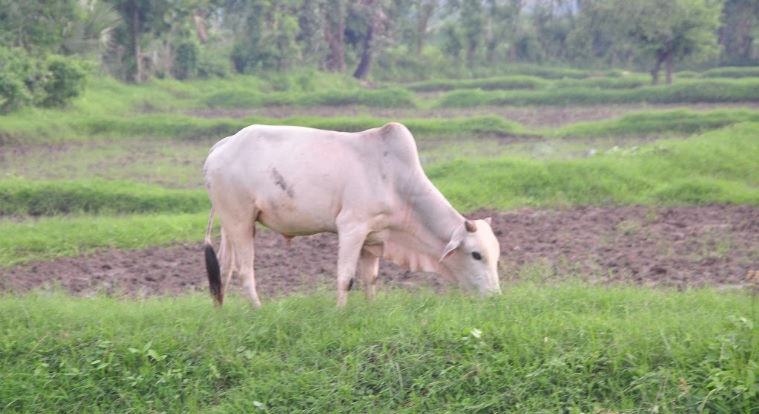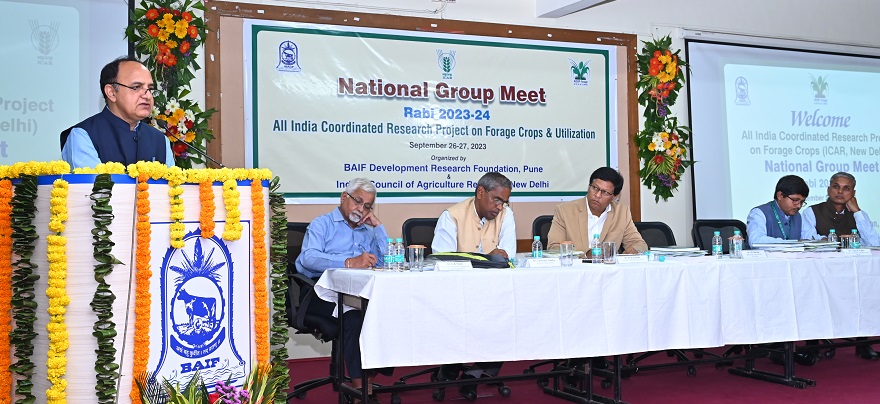
Indian Green Credit Programme: A step ahead of Carbon Credits
BAIF and other Civil Society Organisations have a major role in facilitating local individuals and entities to avail of green credits. Broadening of the Climate Change Perspective of India was evident when the Green Credit Initiative along with its web portal was launched at the high-level “Green Credits Programme”, jointly hosted by Hon. Prime Minister Narendra Modi and the President of UAE, Sheikh Mohammed bin Zayed Al Nahyan at the Global Summit on December 1, 2023. This initiative marked the transition from only carbon credit to green credit with anticipated far-reaching environmental benefits through local action and promotion of tradable credits. Shri. Narendra Modi likened the Green Credit to the health card of an individual and urged the global community to start adding positive points into the Earth’s health card. Earlier, while addressing the Opening Ceremony of the High-level segment at the Summit, Shri. Narendra Modi stated that “India has set before the world an example of the perfect balance of Ecology and Economy. Despite India having 17% of the world’s population, our share in global carbon emissions is only less than 4%.” This initiative is one more step in alignment with the Government of India’s ‘LIFE – Lifestyle for Environment’ – a grassroots, mass movement for protection and conservation of the Environment and Climate gains.

